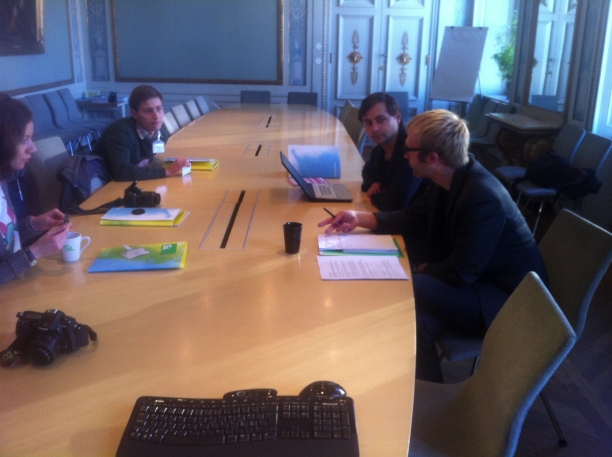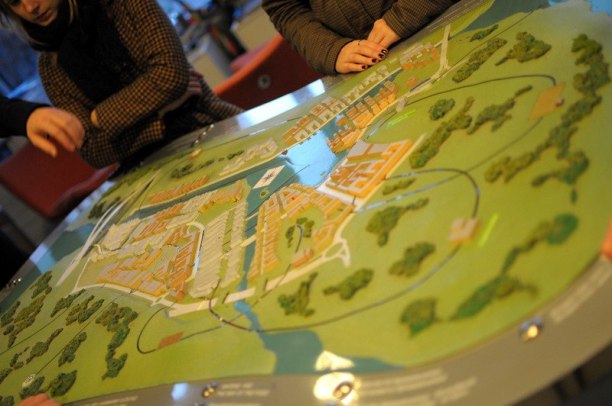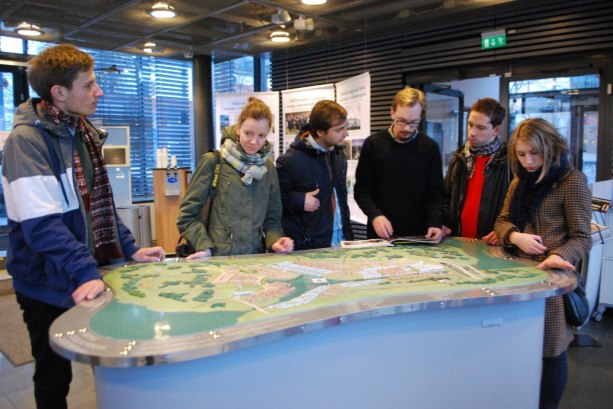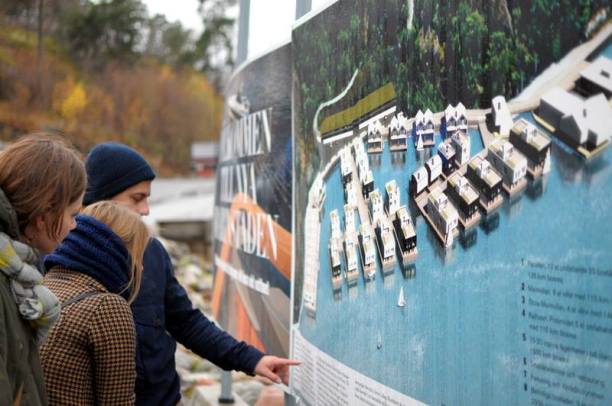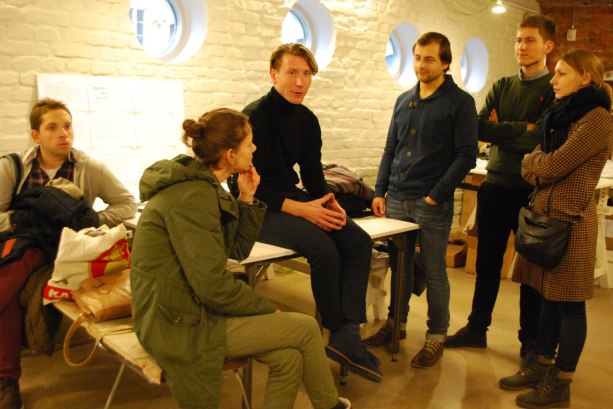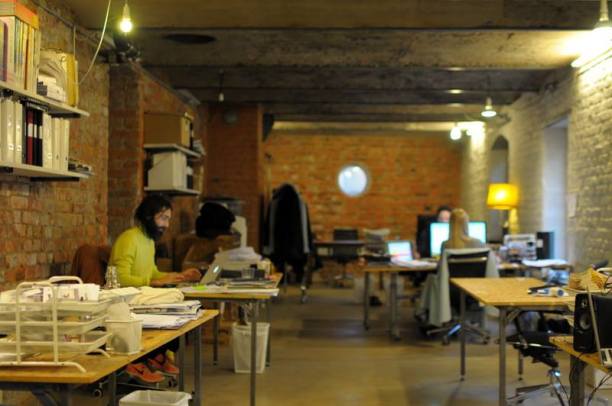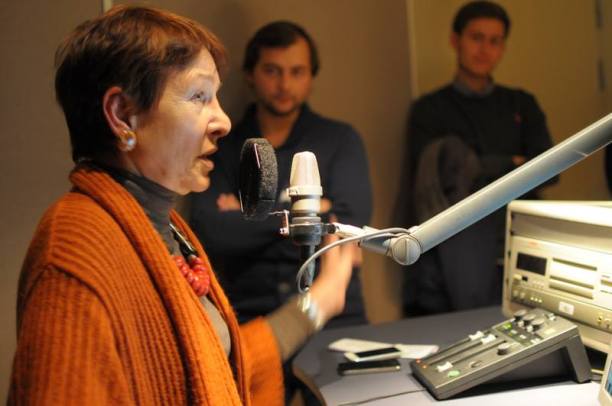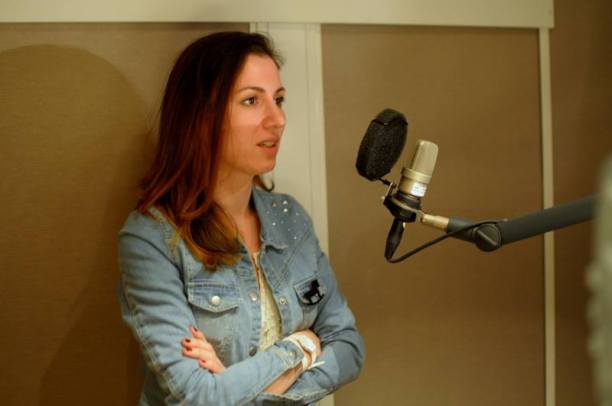Swedish NGO Global Playground Stockholm organized an international project that is called “Tour into Swedish Sustainable Lifestyle for Young Environmental Activists from Belarus”. This is an initiative of Global Playground sponsored by LSU – The National Council of Swedish Youth Organizations, and is a 5 day project (11th – 15th November this year) that involved youth NGO “Ecohome” from Belarus working with environmental and sustainable lifestyle issues. Young eco-activists from “Ecohome” came to Stockholm to get acquainted with the sustainability programs in Sweden and to work out ideas on how to implement these practices to Belarusian conditions. Apart from that this project became a step forward to a creation of strong and permanent collaboration between “Global Playground Stockholm” and “Ecohome” in an ecological sphere.
 In this article you are given an opportunity to see this project through our eyes.
In this article you are given an opportunity to see this project through our eyes.
Our program was started by very interesting and useful meeting with Markus Boman working as a Program Manager at Talent Mobility Unit of the Swedish Institute.
Bicycle movement in Sweden had begun in early 1930th due to the relaxing atmosphere of the interwar time. It encouraged people to try new things and lifestyle and to make their habits more sustainable. In the last 10 years the quantity of bikes in Stockholm had increased by 76%. There is a very popular system in Sweden called “bicycle sharing”.
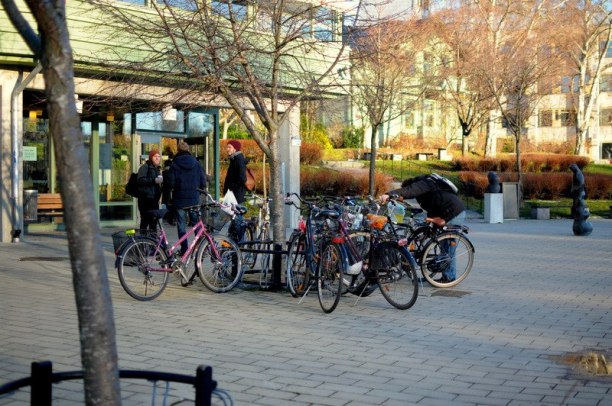 This scheme is provided by Stockholm City Bikes and today there are about 70 bike-stations over the city. You can rent a bicycle when you need for three hours and use it completely for free. But you should be a member of this organization, which appears to be really simple for Swedes.
This scheme is provided by Stockholm City Bikes and today there are about 70 bike-stations over the city. You can rent a bicycle when you need for three hours and use it completely for free. But you should be a member of this organization, which appears to be really simple for Swedes.
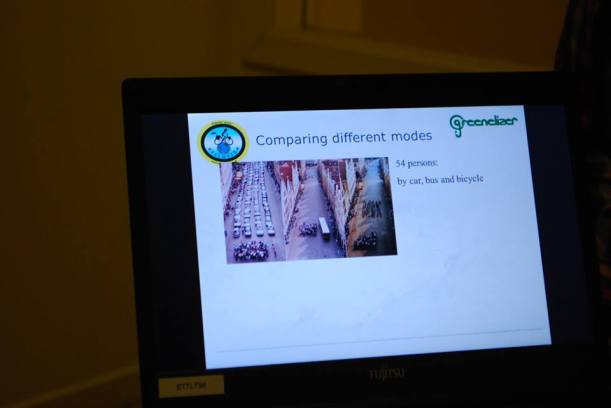 A similar system exists in neighborhoods when people can use one common vehicle for several households. It is a great way to reduce harmful emissions in the atmosphere – said Edgard Antunes Dias Batista, the main speaker of “transportation day”.
A similar system exists in neighborhoods when people can use one common vehicle for several households. It is a great way to reduce harmful emissions in the atmosphere – said Edgard Antunes Dias Batista, the main speaker of “transportation day”.
Plus to that in Sweden electro-vehicles are widely used and we’ve been told that in Uppsala the public transport’s engines are powered by bio-gas, which is produced from the local organic waste.
 Day 2. Energy Conservation and Renewable Energy
Day 2. Energy Conservation and Renewable Energy
 We have visited Marsta (near Uppsala), where an experimental windmill station is situated. The main trait of this project is the unusual horizontal configuration of those windmills. This project is carried out by the students of The University of Uppsala.
We have visited Marsta (near Uppsala), where an experimental windmill station is situated. The main trait of this project is the unusual horizontal configuration of those windmills. This project is carried out by the students of The University of Uppsala.
 PhD student Eduard Dyachuk showed us how to cheapen manufacturing of the windmill by installing the accumulator in the bottom part, making the whole construction smaller and horizontal rotation of the blades. In this case the problem with birds is solved, because it’s lower than usual height of the birds’ flight.
PhD student Eduard Dyachuk showed us how to cheapen manufacturing of the windmill by installing the accumulator in the bottom part, making the whole construction smaller and horizontal rotation of the blades. In this case the problem with birds is solved, because it’s lower than usual height of the birds’ flight.
We had listened for the presentation on waste management and recycling processes in Sweden (presentation by Zhenya Arushanyan – a PhD student from KTH). Frankly speaking, Swedish experience was really useful for the visitors from Minsk, because in Belarus this system is rapidly developing and needs some improvements.
 Also we’d visited the head office of Oriflame (visit was organized by Aliaksandra Bilinskaya). Our interest was focused basically on their success in creating of green office. We had been told how to create a recycling initiative in a working space and ways of motivation and raising awareness level of employees.
Also we’d visited the head office of Oriflame (visit was organized by Aliaksandra Bilinskaya). Our interest was focused basically on their success in creating of green office. We had been told how to create a recycling initiative in a working space and ways of motivation and raising awareness level of employees.

 Later we had an opportunity to visit Hammarby Sjöstad. This district is an amazement example of sustainable principles in action. In Hammarby buildings are designed so as not to consume excessive amounts of energy and biogas and renewable energy are produced locally.
Later we had an opportunity to visit Hammarby Sjöstad. This district is an amazement example of sustainable principles in action. In Hammarby buildings are designed so as not to consume excessive amounts of energy and biogas and renewable energy are produced locally.
It was very interesting to learn about Waste Management Systen in Hammarby Sjöstad.
Day 4. Sustainable urbanism and energy
We had visited Marinstaden – a residential area with accommodation on the water in Nacka.
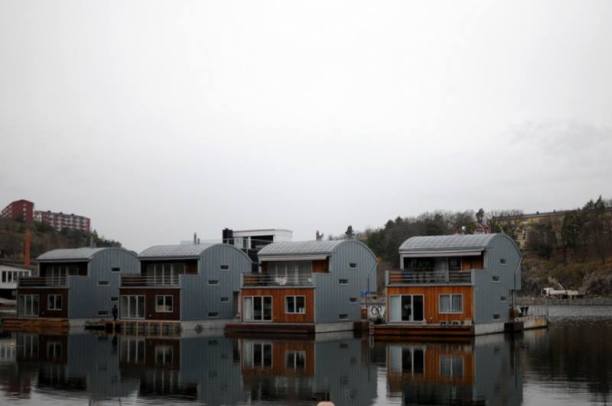 In 1999, began planning for the new residential area, is laid out in an old port facilities, not far from Nacka Strand. In total of 54 houses will be built.
In 1999, began planning for the new residential area, is laid out in an old port facilities, not far from Nacka Strand. In total of 54 houses will be built.
We visited the company SWECO where engineers, architects and environmental experts are working together to develop total solutions that contribute to the creation of a sustainable society. Specialist in energetic Julia Sviridonova told us about the alternative sources of energy. Geothermal energy is used more than the wind.
Day 5. Sustainable Lifestyle
At the last day of our staying we had the most creative part – we came to founders of the brand “Uniforms for the Dedicated” that is one of the leading fashion brands in Sweden working in the sustainable direction.. despite clothing, they create music, films and furniture. Every campaign is exceptional, creative and very inspiring.
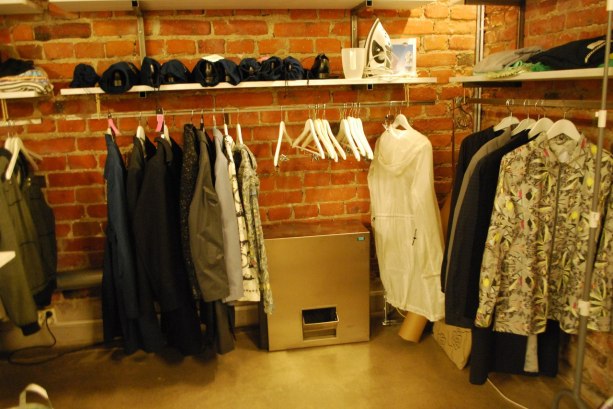
 They had dramatically different vision of the fashion design and combine it with environmental awareness and concern for the Earth. Natural and recyclable materials make clothes comfortable and practical. They strive for durability, strength and never create clothing for one season. Presentation was made by Creative Director at “Uniforms for the Dedicated” Fredrik Wikholm.
They had dramatically different vision of the fashion design and combine it with environmental awareness and concern for the Earth. Natural and recyclable materials make clothes comfortable and practical. They strive for durability, strength and never create clothing for one season. Presentation was made by Creative Director at “Uniforms for the Dedicated” Fredrik Wikholm.
 At the end of the day we were interviewed at the Radio Sweden. You can read more here:
At the end of the day we were interviewed at the Radio Sweden. You can read more here:
http://sverigesradio.se/sida/artikel.aspx?programid=2103&artikel=5709240
Blog is written by Elisabeth Kovtiak with some addition by Aleh Kliatsko
